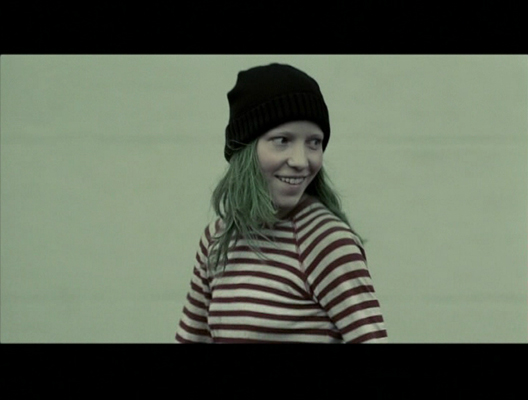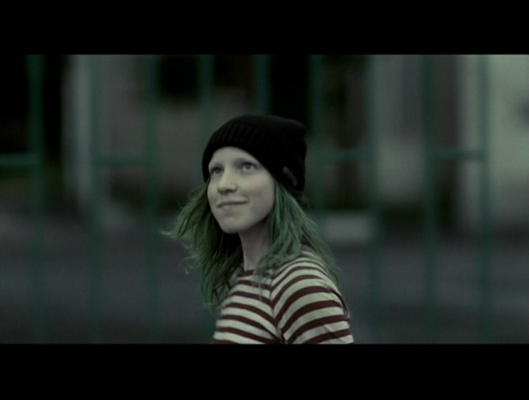The Splendor and Misery of the Little Mermaid: Roundtable On Anna Melikyan’s “Rusalka” (Introduction)
Mermaid (Rusalka). Directed by Anna Melikyan. Central Partnership, 2007. 115 min/100 min (theatrical version in Russia), 35 MM.
As a result of a workshop held in Berlin in November 2008 we invited five critics and scholars to discuss Anna Melikyan’s film The Mermaid (Rusalka, 2007). The workshop was tied to an international research project at the Free University in Berlin. One of the underlying objectives of this project – entitled “Die nicht mehr neuen Menschen” or “The New Man No More” – was to historicize different concepts of the individual as they emerged in Russian film and literature over the past decade, and to contrast them with the preceding discourses of the Soviet era. The portrayal of individual heroes and their world in today’s fiction seems to break with the post-modernist destabilization of identity that occurred in Soviet fiction during the late 1970’s and ‘80s. The image of the “new Russian man/woman” at the turn of the millennium likewise has very little to do with the old Socialist Realist model of the “new man” adumbrated in Stalinist fiction. In their attempt to understand how contemporary fiction in Russia negotiates the social and cultural changes of the Putin era, the participants of the workshop pay close attention to the modeling of individual characters and their life-stories in today’s literature and film.
 Rusalka seemed to be the perfect film to discuss the new role models and their narratives in Russia today. The decision by the Russian Oscars committee to choose Melikiyan’s film as Russia’s entry for the Foreign Oscars in 2009 gives us an idea how Russian film makers see the New Russian woman or man – firmly set within the patriarchal structures of the fairy tale, and inspired by the lethal fairy tales of the new Russian capitalism.
Rusalka seemed to be the perfect film to discuss the new role models and their narratives in Russia today. The decision by the Russian Oscars committee to choose Melikiyan’s film as Russia’s entry for the Foreign Oscars in 2009 gives us an idea how Russian film makers see the New Russian woman or man – firmly set within the patriarchal structures of the fairy tale, and inspired by the lethal fairy tales of the new Russian capitalism.
Roundtable participants:
Natascha Drubek-Meyer, A Little Mermaid in the World of Russian Advertising
Matthias Meindl and Svetlana Sirotinina, Theodor Adorno, Fairy Tales, and “Rusalka”
Christine Goelz, A Modern Fairy Tale
Henrike Schmidt, Happy End
Bettina Lange, Glamor Discourse





